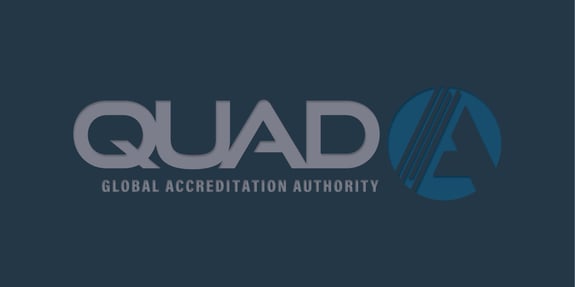Monday, September 30, 2019 CMS published a final rule to reform Medicare regulations identified as unnecessary, obsolete, or excessively burdensome on health care providers and suppliers, including ASCs, RHCs, and OPTs.
For ASCs, the requirements for transfer agreements and admitting privileges are replaced with mandating ASCs to periodically provide the local hospital with written notice of its operation and patient population served.
CMS is also replacing the requirement that every patient have a comprehensive medical history and physical examination (H&P) within 30 days prior to surgery in an ASC with a requirement that allows the operating physician and ASC to determine which patients would require more extensive testing and assessment prior to surgery.
For RHCs, the requirement to review patient care policies and conduct program evaluations on an annual basis has been revised to biannually for both.
For ASCs, RHCs, and OPTs, Emergency preparedness requirements were modified for Medicare providers and suppliers including:
- Changing the requirement for facilities to review their emergency preparedness program to at least every 2 years instead of annually.
- Eliminating the requirement that facilities document efforts to contact local, tribal, regional, State, and Federal emergency preparedness officials and facilities’ participation in collaborative and cooperative planning efforts.
- Training biennially or every 2 years, rather than annually, after facilities conduct initial training on their emergency program and additional training when the emergency plan is significantly updated.
- Allowing facilities to participate in either a community-based full-scale exercise (if available) or conduct an individual facility-based functional exercise every other year. When a full-scale exercise is not available, facilities must conduct a functional exercise at the individual facility level in order to satisfy the requirements. In the opposite years, conduct the testing exercise of their choice, which may include either a community-based full-scale exercise (if available), an individual, facility-based functional exercise, a drill, or a tabletop exercise or workshop that includes a group discussion led by a facilitator.
- Noting an exemption that if a provider experiences an actual natural or man-made emergency that requires activation of their emergency plan, inpatient and outpatient providers will be exempt from their next required full-scale community-based exercise or individual, facility-based functional exercise following the onset of the actual event.
The effective date of this rule is November 29, 2019. We encourage organizations to work to review its operations and make appropriate revisions. Please ensure compliance with the Medicare requirements when they become effective. CMS has released an electronic version of the final rule.
Quad A has until December 5th to modify standards accordingly for approval by CMS. After CMS receives the proposed changes they will have 60 days to review and approve, or ask for additional changes. Once approved, we will announce and publish the revised standards on the Quad A website. In the interim, Quad A will continue to survey according to its current standards and current Medicare requirements.
If you have any questions, please contact Quad A at info@aaaasf.org or 847-775-1970.


